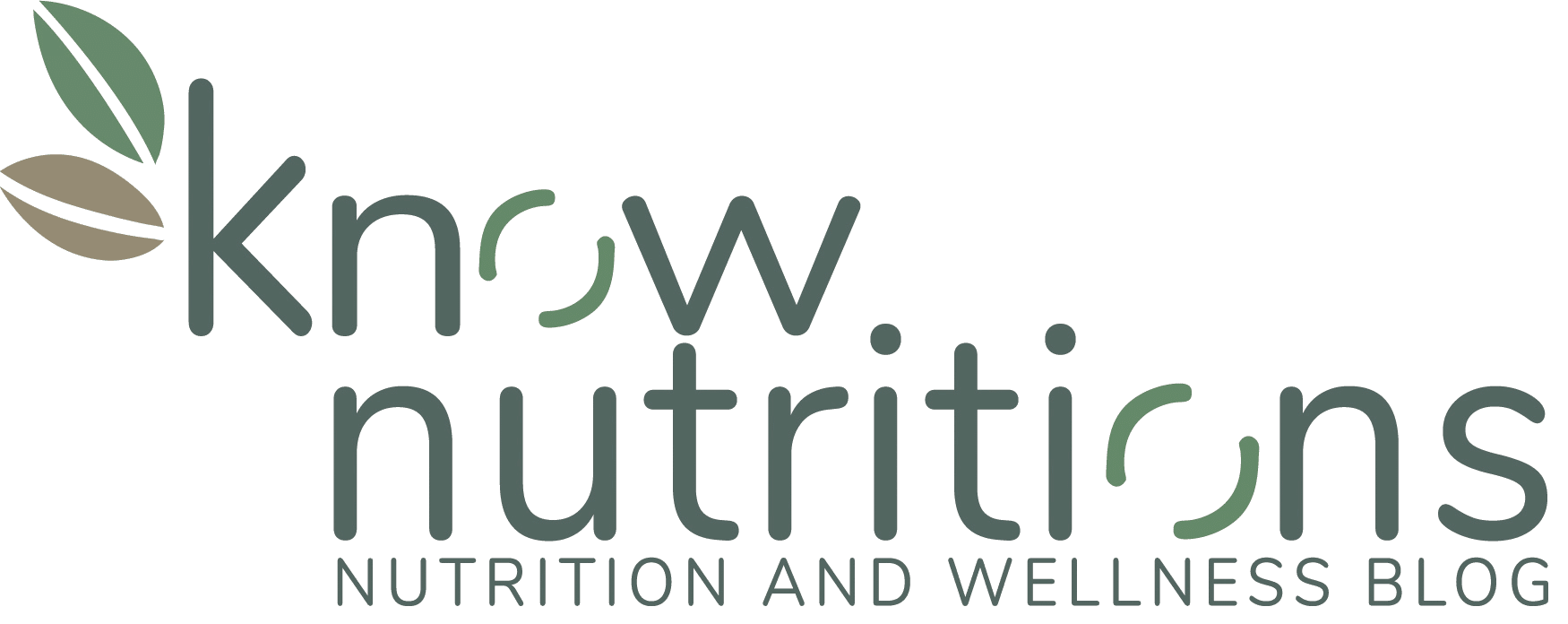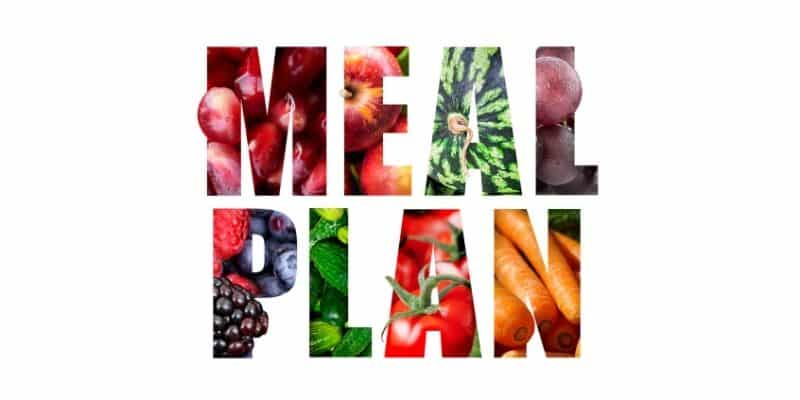Gaining muscle is a goal for many fitness enthusiasts, athletes, and those looking to improve their overall health. Achieving this goal requires more than lifting weights; it necessitates a well-structured meal plan emphasizing high-protein, calorie-dense foods to support muscle growth and recovery. This blog will provide an in-depth meal plan for gaining muscle, incorporating statistics, meal suggestions, and answers to common questions.
Understanding Muscle Gain Nutrition
Nutrition is the cornerstone of any successful muscle gain strategy. According to the American College of Sports Medicine, individuals aiming for muscle hypertrophy should consume approximately 1.2 to 2.0 grams of protein per kilogram of body weight daily. This statistic underscores the importance of protein in a meal plan for gaining muscle. For example, a 70 kg individual should aim for 84 to 140 grams of protein daily. Transitioning into specific dietary strategies can significantly enhance your results.
The Role of Macronutrients in Muscle Growth and Recovery
Understanding the role of macronutrients—proteins, carbohydrates, and fats—is essential for anyone looking to gain muscle effectively. Each macronutrient plays a unique role in supporting muscle growth, recovery, and overall health. This section will delve into the specific functions of each macronutrient and how they contribute to a successful meal plan for gaining muscle.
Protein: The Building Block of Muscle
Protein is often referred to as the cornerstone of muscle growth. It comprises amino acids essential for repairing and building muscle tissue after exercise. Tiny tears occur in your muscle fibers when you engage in resistance training. Consuming protein helps facilitate the repair process, leading to muscle hypertrophy (growth).
Research indicates that consuming adequate protein is crucial for maximizing muscle protein synthesis (MPS). The American College of Sports Medicine recommends that individuals aiming for muscle gain consume 1.2 to 2.0 grams of protein per kilogram of body weight daily as part of their meal plan for gaining muscle. High-quality protein sources include:
- Animal-based proteins: chicken, turkey, beef, fish, eggs, and dairy products.
- Plant-based proteins: lentils, chickpeas, quinoa, tofu, and tempeh.
Incorporating protein-rich foods into every meal can help ensure your body has a constant supply of amino acids for recovery and growth.
Carbohydrates: Fuel for Performance
Carbohydrates are your body’s primary energy source, especially during high-intensity workouts. They are stored in the muscles and liver as glycogen and utilized during exercise to fuel performance. Adequate carbohydrate intake is essential for maintaining energy levels and preventing fatigue.
For individuals focused on gaining muscle, consuming enough carbohydrates and choosing the right types is essential as part of their meal plan. Complex carbohydrates, such as whole grains (brown rice, quinoa, oats), fruits (bananas, berries), and vegetables (sweet potatoes, leafy greens), provide sustained energy and essential nutrients.
The general recommendation for carbohydrate intake varies but typically falls between 3 to 7 grams per kilogram of body weight, depending on activity levels. Consuming carbohydrates post-workout can also help replenish glycogen stores more effectively.
Fats: Supporting Hormonal Balance and Energy
While often overlooked in meal plans for gaining muscle, healthy fats play a vital role in overall health and hormonal balance. Fats absorb fat-soluble vitamins (A, D, E, K) and produce hormones like testosterone for muscle growth.
Incorporating healthy fats into your diet can support your overall energy needs without excessive food volume. Good sources include:
- Nuts and seeds: almonds, walnuts, chia seeds.
- Avocados: Rich in monounsaturated fats.
- Oils: Olive and coconut Oil can be used in cooking or as salad dressings.
Within your meal plan for gaining muscle, aim for fats to make up about 15-25% of your daily caloric intake. Balancing fat intake with protein and carbohydrates ensures you meet all your nutritional needs while supporting muscle growth.
The Importance of Timing
In addition to understanding the roles of macronutrients within your meal plan for gaining muscle, timing your nutrient intake can further enhance muscle recovery and growth. Consuming a combination of protein and carbohydrates within 30 to 60 minutes post-workout is particularly beneficial for optimizing recovery. This post-exercise meal helps replenish glycogen stores while providing amino acids necessary for muscle repair.
Sample 7-Day Meal Plan for Gaining Muscle
This meal plan emphasizes high-protein meals distributed throughout the day to maximize muscle synthesis. Each day includes breakfast, lunch, dinner, and snacks designed to meet caloric needs while providing essential nutrients as part of your overall meal plan for gaining muscle.
| Day | Breakfast | Lunch | Dinner | Snacks |
| Day 1 | Scrambled eggs with spinach and toast | Grilled chicken with quinoa and broccoli | Salmon with sweet potatoes | Greek yogurt with berries |
| Day 2 | Oatmeal with protein powder and banana | Turkey sandwich on whole grain bread | Beef stir-fry with brown rice | Cottage cheese with pineapple |
| Day 3 | Smoothie with spinach, protein powder | Tuna salad with mixed greens | Chicken breast with asparagus | Almonds and an apple |
| Day 4 | Whole grain pancakes with syrup | Lentil soup with whole-grain bread | Pork chops with roasted vegetables | Hummus with carrot sticks |
| Day 5 | Greek yogurt parfait with granola | Quinoa salad with chickpeas | Shrimp tacos with cabbage slaw | Protein bar |
| Day 6 | Eggs and avocado on toast | Grilled steak with sweet potato | Vegetable curry over rice | Trail mix |
| Day 7 | Chia seed pudding topped with fruit | Chicken Caesar salad | Baked cod with quinoa | Peanut butter on whole-grain crackers |
Nutritional Breakdown
Daily Caloric Needs
To effectively gain muscle, you must consume more calories than you burn, as your meal plan outlines. The average male requires about 2,500 to 3,000 calories daily, while females typically need around 2,000 to 2,500 calories, depending on activity levels. For example, a moderately active male weighing 75 kg may need around 2,800 calories daily, while a moderately active female weighing 60 kg may require approximately 2,200 calories daily.
Macronutrient Ratios
A typical macronutrient distribution within a successful meal plan for gaining muscle is
- Protein: 25-30%
- Carbohydrates: 50-60%
- Fats: 15-25%
This distribution ensures adequate energy for workouts while promoting muscle repair. For instance: For a daily intake of 2,800 calories:
- Protein: 2800×0.30=840 Calories from protein ≈210 grams
- Carbohydrates: 2800×0.55=1540 Calories from carbohydrates ≈385 grams
- Fats: 2800×0.15=420 Calories from fats ≈47 grams
Strategies for Meal Preparation
Adequate meal preparation is crucial for anyone seeking muscle, as it ensures that you consistently consume the proper nutrients to support your training and recovery within your meal plan for gaining muscle. Here are five detailed strategies to enhance your meal prep process:
Plan Your Meals Ahead of Time
Creating a weekly meal plan is essential for preparing adequate meals within your overall strategy for gaining muscle. Dedicate time each week to outlining what you will eat for breakfast, lunch, dinner, and snacks as part of your comprehensive meal plan. This not only helps you organize your grocery shopping but also ensures that you have a balanced intake of macronutrients.
For instance, you may incorporate high-protein meals like grilled chicken and quinoa on certain days while mixing in plant-based options like lentil soup on others within your structured meal plan.
Batch Cooking
Batch cooking is an efficient way to prepare multiple meals at once, saving time throughout the week. It is part of the daily regimen outlined in your meal plan for gaining muscle. Cook large portions of proteins (such as chicken breasts or ground turkey) alongside carbohydrates (like brown rice or sweet potatoes) in one go; divide these into individual containers for easy access throughout the week.
For example, grilling several chicken breasts at once allows you to use them in salads, wraps, or standalone meals throughout the week. This strategy saves time while helping you maintain portion control, ensuring you meet your caloric needs without overeating.
Pre-Cut and Pre-Wash Produce
When you bring fresh produce home from the grocery store, wash it and cut it into ready-to-eat portions. This will make it easier to incorporate vegetables into your meals and reduce the likelihood of skipping them due to convenience—an important aspect when following a strict meal plan for gaining muscle.
For instance, pre-cutting bell peppers or cucumbers can encourage you to grab them as snacks or toss them quickly into salads. Additionally, consider using frozen fruits and vegetables, which are just as nutritious and can be easily added to smoothies or stir-fries without prep work.
Invest in Quality Storage Containers
Proper food storage containers can significantly improve your meal-prepping effectiveness within your structured approach to achieving the goals outlined in your meal plan for gaining muscle. Look for microwave-safe, leakproof, and freezer-friendly containers with airtight seals that keep food fresh longer. These features allow easy stacking in the fridge and freezer, helping you keep track of what you’ve prepared for the week.
Incorporate Variety and Flexibility
Incorporate variety into your meal prep routine to maintain motivation and prevent boredom. Choose recipes that allow customization based on preferences and seasonal ingredients to ensure excitement about what you’re eating. This flexibility enhances adherence to following through on established goals within any effective meal plan to increase muscle development through the mentioned nutrition strategies!
Implementing these strategies into your meal preparation routine helps you consistently fuel your body with the necessary nutrients for growth while making the process enjoyable. These are key factors when adhering strictly to any defined dietary regimen to increase muscle development through the abovementioned nutrition strategies!
Final Takeaway
In conclusion, gaining muscle requires a thoughtful approach and nutrition-focused high-protein meals that fuel workouts and support recovery. You can achieve fitness goals efficiently by following a comprehensive meal plan explicitly aimed at maximizing gains through proper nutrition—complete nutritional breakdowns and preparation strategies! Remember to adjust caloric intake based on individual needs and activity levels, ensuring you stay hydrated throughout your journey toward achieving desired results!
With dedication to your training regimen and nutrition plan, alongside proper hydration, you will be well-equipped to build your body desire effectively. The journey may have challenging times, but consistency yields results that reflect hard work and commitment!
FAQs
How many meals should I eat for muscle gain?
For optimal results in your structured meal plan for muscle gain, aim for 5 to 6 meals per day. This frequency helps maintain energy levels and provides a steady supply of necessary nutrients for recovery.
Are potatoes high in protein?
Potatoes are not considered high in protein; a medium potato contains about 2 grams. However, they are excellent sources of carbohydrates that help replenish glycogen stores after a workout. Pairing potatoes with a protein source creates balanced meals that fit perfectly within any effective meal plan to increase muscular development!
What are some good high-protein meals?
High-protein meals include grilled chicken breast with quinoa and vegetables or salmon fillet paired with sweet potatoes. Lentil soup enriched with lean beef is also an excellent option. It combines plant-based and animal proteins for a complete amino acid profile, enhancing the overall effectiveness of any established dietary regimen focused on achieving optimal results through proper nutrition!
Can I build muscle without supplements?
Yes! It is possible to build muscle without supplements by focusing on whole foods rich in proteins, carbohydrates, and healthy fats. A well-balanced diet provides all the necessary nutrients for growth without additional supplements—this aligns perfectly with any comprehensive plan aimed strictly at maximizing gains through proper nutrition!
Can I build muscle without supplements?
Hydration is crucial for supporting overall health and performance during workouts. Aim to drink at least 3 liters of water daily, adjusting based on activity levels to ensure optimal hydration. This helps prevent fatigue during workouts and aids recovery post-exercise—a vital component integrated seamlessly into any defined regimen explicitly focused on achieving maximum results through the proper nutritional strategies outlined above!










